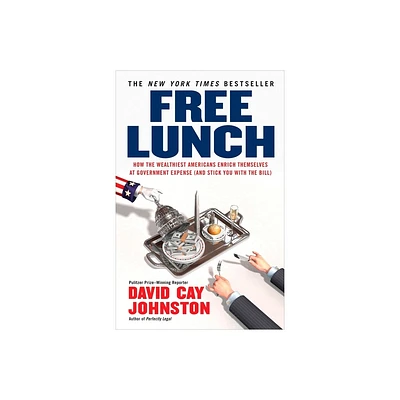Home
No More Free Lunch: Reflections on the Cuban Economic Reform Process and Challenges for Transformation
Loading Inventory...
Barnes and Noble
No More Free Lunch: Reflections on the Cuban Economic Reform Process and Challenges for Transformation
Current price: $109.99


Barnes and Noble
No More Free Lunch: Reflections on the Cuban Economic Reform Process and Challenges for Transformation
Current price: $109.99
Loading Inventory...
Size: Hardcover
*Product Information may vary - to confirm product availability, pricing, and additional information please contact Barnes and Noble
In September 2010, the Cuban government decided to embark on an economic reform program, unprecedented after the Revolution in 1959. This opened up opportunities for Cuban economists and scholars to participate in the development of the reform program. Thanks to grants from SSRC (Social Sciences Research Council, New York) and the Norwegian Ministry of Foreign Affairs, several researchers from the Cuban think tank CEEC (Center for Studies of the Cuban Economy, Havana) got an opportunity to visit countries that could be of interest for the reform process, notably Vietnam, but also Brazil, South Africa and Norway.
The result of these field visits and a subsequent workshop involving contributions from Cuban as well as non-Cuban scholars, this volume showcases unprecedented new insights into the process and prospects for reform along many dimensions, including foreign direct investment, import substitution, entrepreneurship and business creation, science and technology development, and fiscal policies. The resulting analysis, in a comparative perspective, provides a framework for future research as well as for business practice and policymaking.
The result of these field visits and a subsequent workshop involving contributions from Cuban as well as non-Cuban scholars, this volume showcases unprecedented new insights into the process and prospects for reform along many dimensions, including foreign direct investment, import substitution, entrepreneurship and business creation, science and technology development, and fiscal policies. The resulting analysis, in a comparative perspective, provides a framework for future research as well as for business practice and policymaking.


















